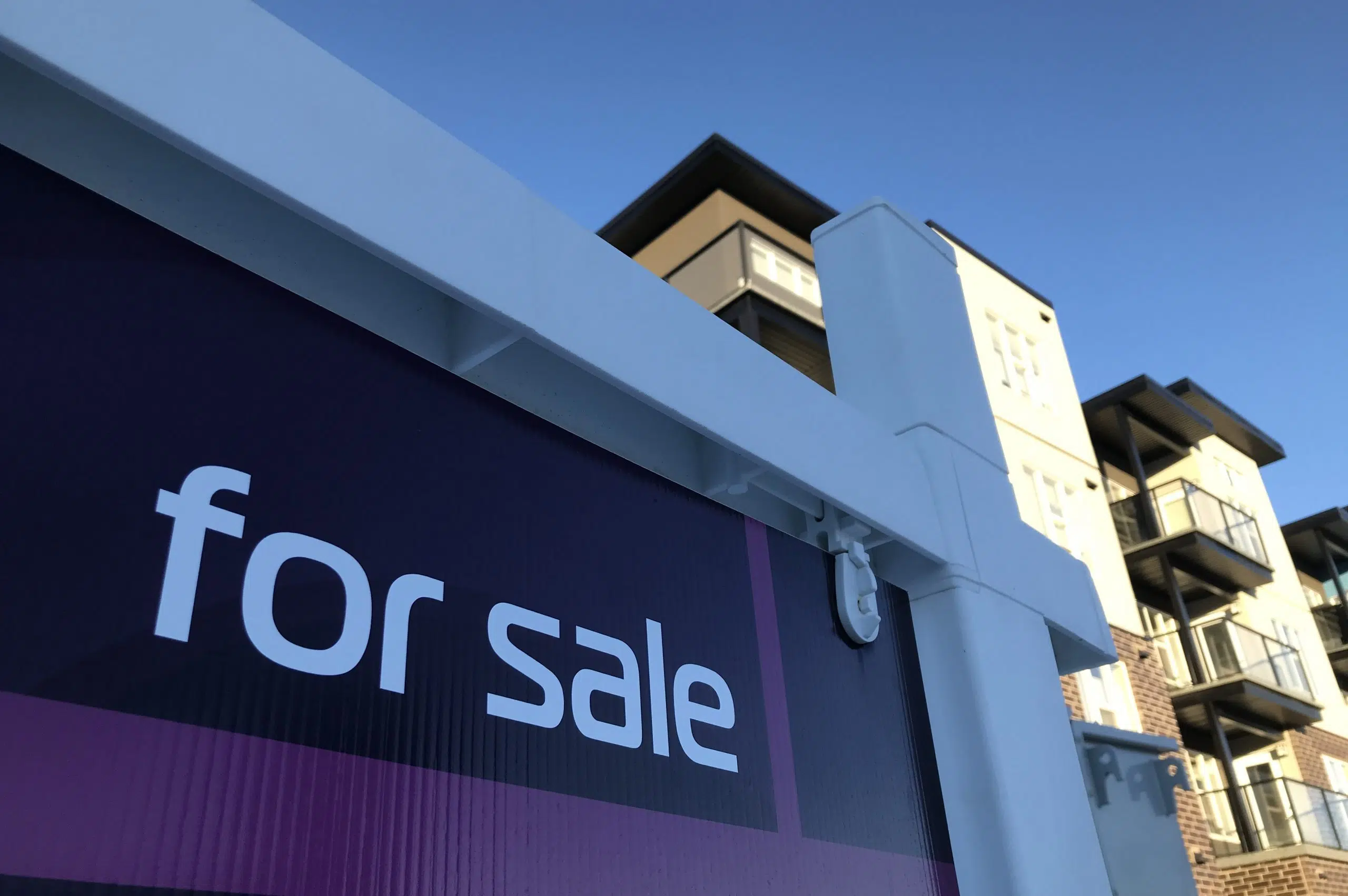The Bank of Canada has ended its pause on interest rate increases in a move that could cause mortgage payments to become more expensive.
The central bank hiked its key lending rate by 25 basis points Wednesday, bringing it to 4.75 per cent, the highest it has been since April 2001.
“The change will be a quarter per cent hike on variable-rate mortgages,” said Carrie Cardinal, a Regina mortgage broker.
“For every $100,000 mortgage balance remaining, the payment will increase approximately $15 a month per $100,000.”
Those with fixed-rate mortgages will not be affected by the increase, however, and Cardinal said more and more buyers are starting to choose fixed-rate mortgages.
“Over 2021, variable mortgages were very popular, but now more people are starting to choose fixed-rate mortgages,” explained Seamus Benwell, a specialist in housing research with the Canada Mortgage and Housing Corporation (CMHC).
Right now, those needing to renew their mortgages are facing a lot of stress because the rates are almost double what they used to be.
“Folks coming out of a five-year renewal from say, 2018, when rates were three per cent are seeing rates at five per cent now,” said Cardinal.
The CMHC has started to notice a big trend in the behaviour of borrowers.
“Rather than locking into a five-year mortgage, we are seeing more two- to three-year mortgages,” Benwell said.
As for mortgage delinquencies, they appear to be sitting at all-time lows, according to Benwell, but delinquencies are creeping up in other areas.
“We are starting to see some delinquency increases in other credit departments, such as credit cards, auto loans and personal lines of credit,” he said.
According to Benwell, it is normal for other lines of credit to see an increase in delinquencies before mortgages and home lines of credit.
Here in Saskatchewan, he said the trend is the same as it is across the country, with mortgage delinquencies and delinquencies for home line of credits remaining at all-time lows. Delinquencies on credit cards, auto loans and personal lines of credit have seen a slight increase, but still remain relatively low.
Homeowners in Saskatoon may also have to worry about an unprecedented increase on their property taxes on top of higher mortgage payments, as the city has a funding gap of $52.4 million for 2024 that could bring an 18.56 per cent increase to property taxes if it’s left unmanaged.







